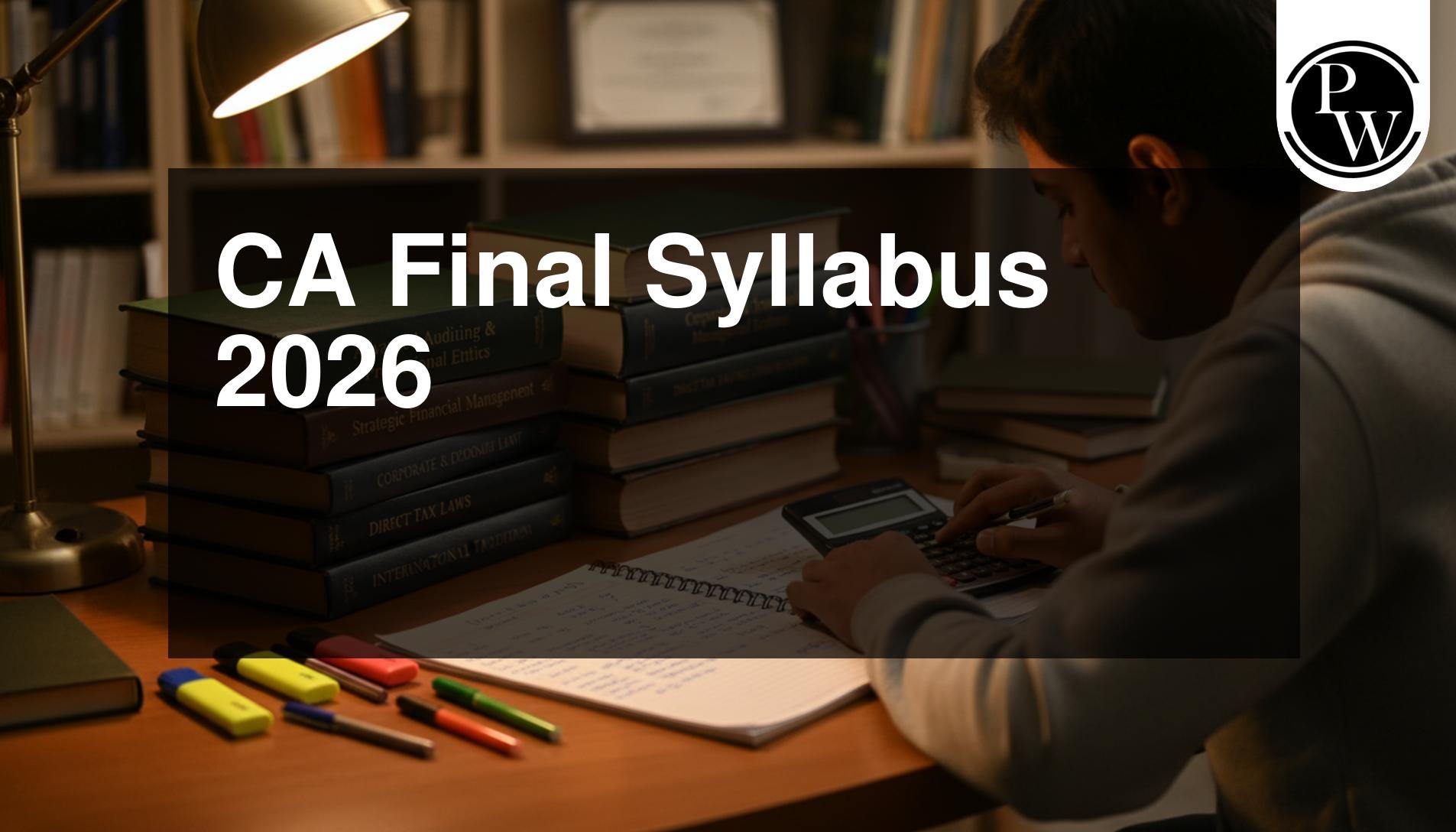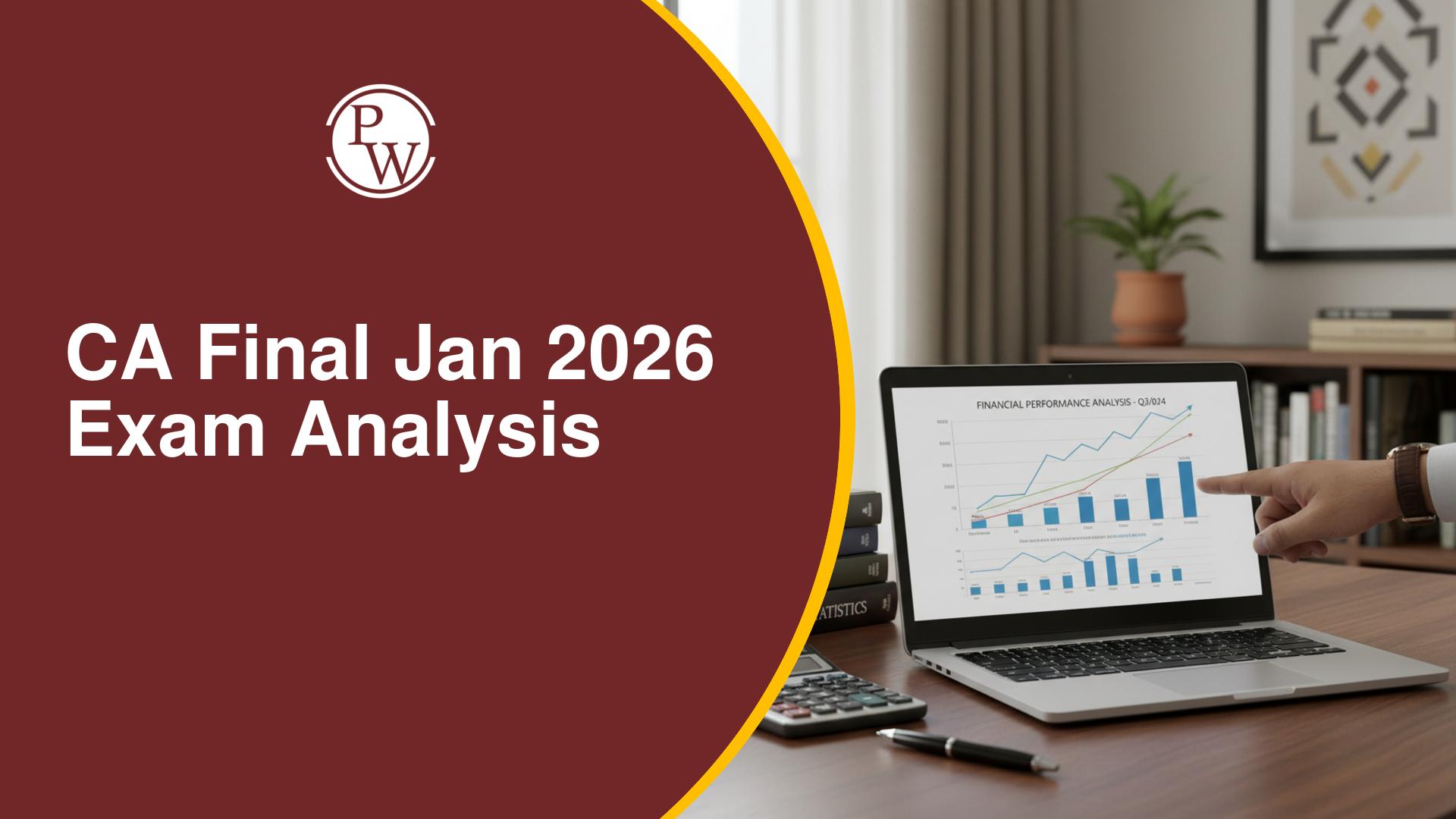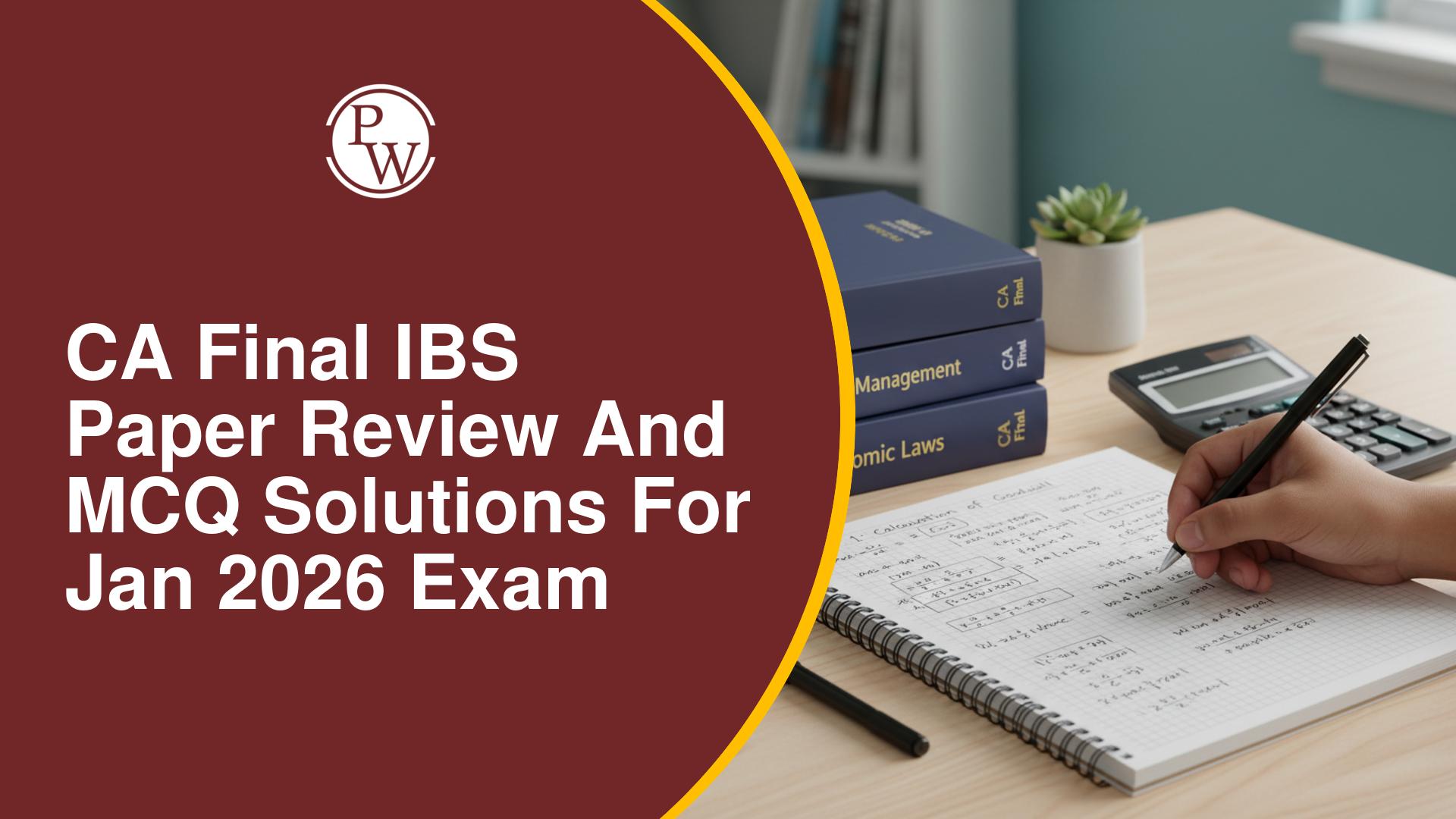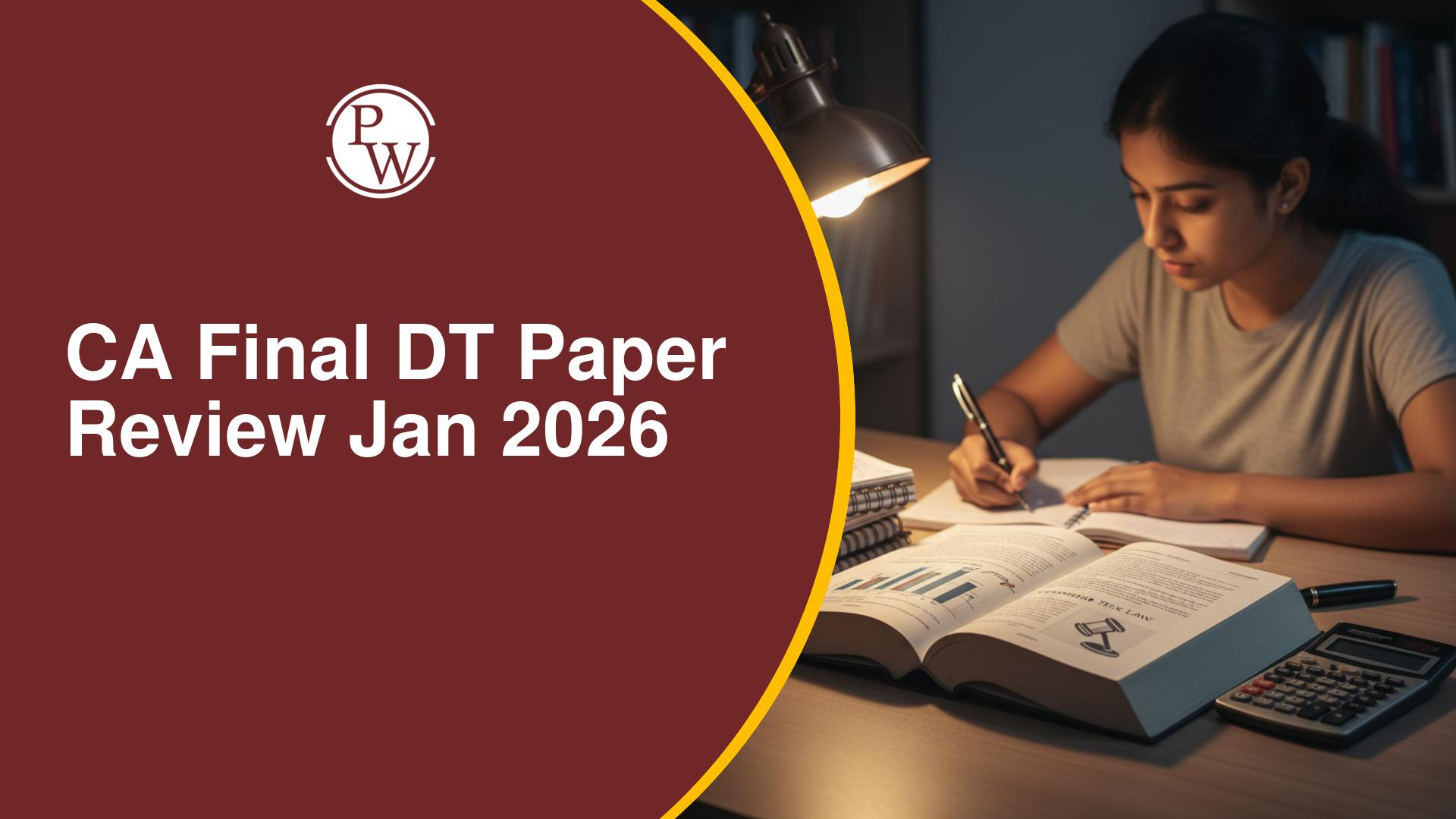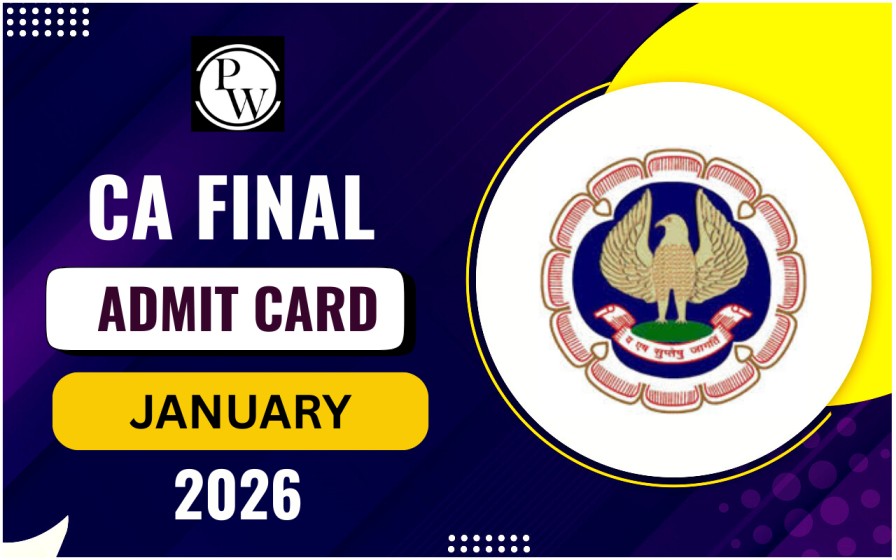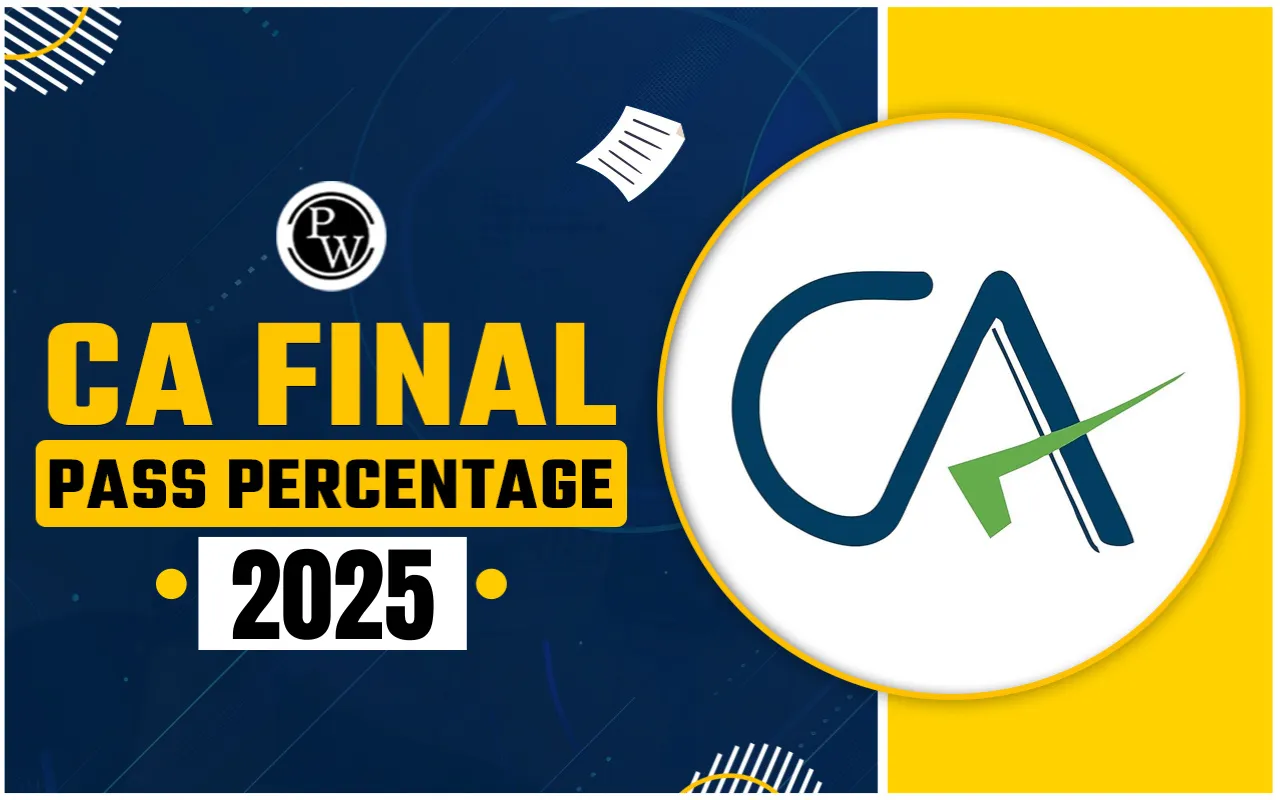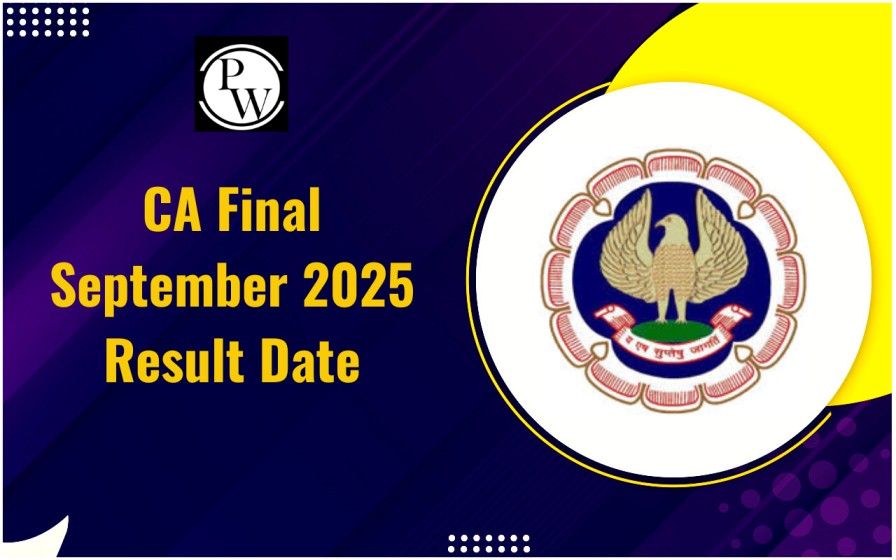
The CA Final Audit Paper is subject in CA Final exam. As Paper-3 of the Final Course, it covers Advanced Auditing, Assurance, and Professional Ethics, a subject that requires deep conceptual clarity and practical understanding.
Many CA students struggle with this paper due to its vast syllabus and the need for analytical thinking. However, with the right preparation strategies, a structured approach, and consistent practice, cracking this paper is achievable.
Here, we will discuss the CA Final Audit Paper syllabus, effective preparation strategies, and tips to help you master this subject.
CA Final Audit Syllabus
The CA Final Audit Paper syllabus is divided into three modules covering quality control, auditing principles, reporting, financial audits, and specialized areas like forensic accounting and ESG assurance. Below is a breakdown of the syllabus:
|
CA Final Audit Syllabus |
|
|
Module |
Chapters |
|
Module 1 |
Quality Control, Auditing Principles, Audit Planning, Risk Assessment, Audit Evidence, Completion & Review, Reporting |
|
Module 2 |
Specialised Areas, Related Services, Review of Financial Information, Digital Auditing, Group Audits, Bank & NBFC Audit |
|
Module 3 |
Public Sector Audit, Internal Audit, Due Diligence & Forensic Accounting, ESG Assurance, Professional Ethics |
Understanding the syllabus thoroughly is the first step in mastering the CA Final Audit Paper.
Preparation Strategies for CA Final Audit Paper
Tackling the CA Final Audit Paper requires a well-structured study plan. Below are some effective preparation strategies:
1. Understanding Concepts in Depth
Memorization won't help in the CA Final Audit exam. The paper tests your ability to apply auditing principles in real-world scenarios. Focus on conceptual clarity for topics like audit planning, materiality, risk assessment, and internal controls.
2. Using ICAI Study Material
The ICAI study material and BOS Publications provide the best resources for preparation. Read every chapter carefully and understand how ICAI presents the concepts. Additionally, refer to RTPs and MTPs for updated amendments.
3. Practicing Past Year Papers
Solving previous years' question papers will help you understand the exam pattern. The CA Final Audit Paper often includes case studies and scenario-based questions. The more you practice, the better your analytical skills will become.
4. Time Management & Answer Writing Skills
Audit is a theory paper, but that doesn’t mean writing lengthy answers will fetch marks. Structure your answers properly, include key points, and make use of standards on auditing (SAs) effectively.
5. Focus on Professional Ethics & Case Laws
The Professional Ethics chapter carries high weightage in the CA Final Audit Paper. Case studies related to professional misconduct should be studied in detail. Make notes on important ethics principles and legal cases.
Common Mistakes to Avoid in CA Final Audit Paper
Many students fail the CA Final Audit Paper due to common mistakes. The following is what you should avoid:
-
Ignoring ICAI’s Suggested Answers: Always refer to ICAI’s answer pattern while preparing.
-
Not Practicing Case Studies: The exam is filled with case-based questions that require logical thinking.
-
Weak Presentation: Your answers must be structured properly, including headings, points, and relevant standards.
-
Skipping Amendments: Keep yourself updated with the latest amendments in auditing standards.
Exam Day Strategy for CA Final Audit Paper
A well-planned approach on exam day can make a big difference:
-
Read all questions carefully before answering.
-
Start with the easiest questions to build confidence.
-
Manage time efficiently; don’t spend too much time on one question.
-
Highlight key terms and use proper headings.
-
Revise your answers in the last 15 minutes.
The CA Final Audit Paper is challenging but not impossible to crack. With a well-planned study schedule, regular practice, and a clear understanding of auditing concepts, you can score well in this paper. Focus on conceptual clarity, practice writing answers, and stay updated with ICAI materials.
FAQs
How can I score well in the CA Final Audit Paper?
Is it necessary to study the ICAI study material for the CA Final Audit exam?
How should I prepare for case-study-based questions in the CA Final Audit Paper?
What is the weightage of professional ethics in the CA Final Audit exam?

